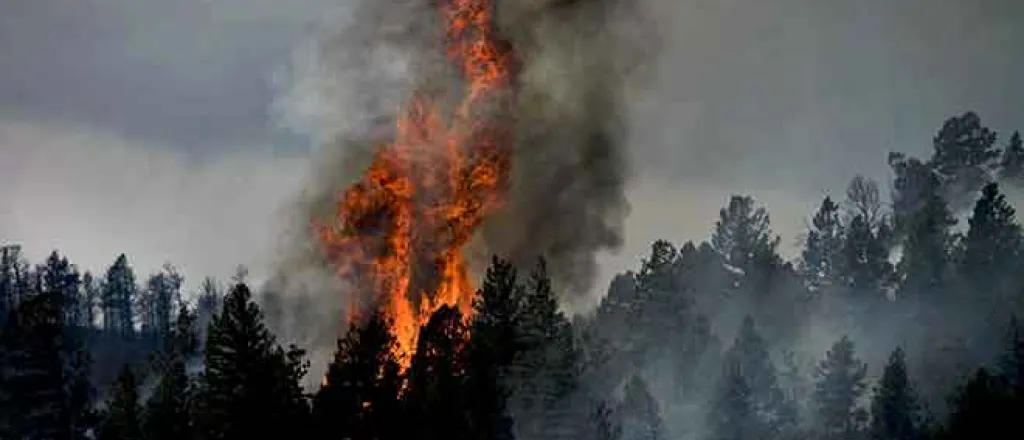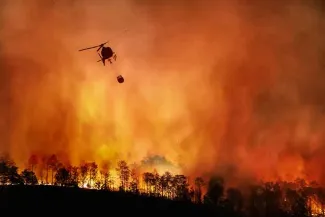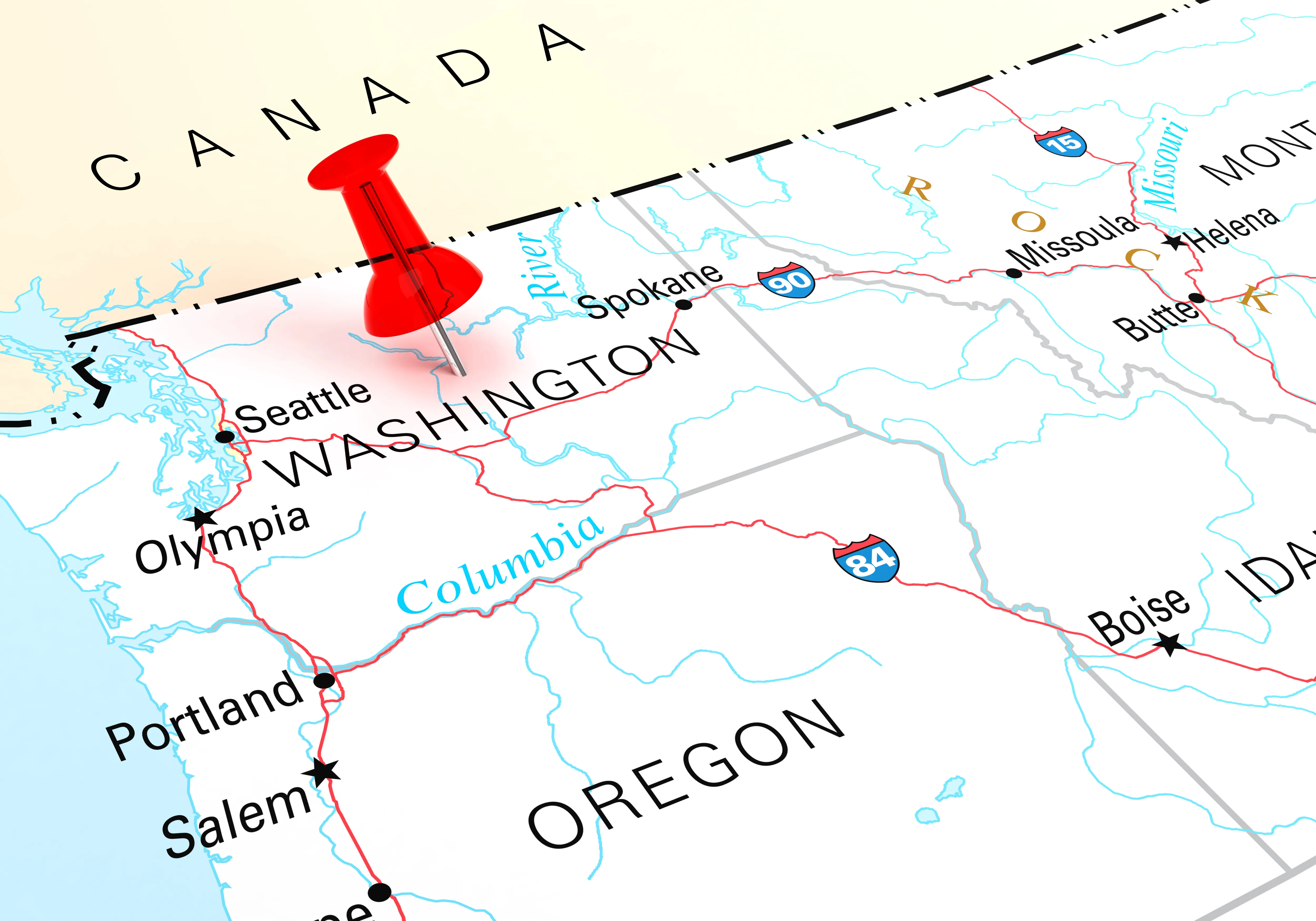
Wyoming governor seeks $130 million more for wildfire mitigation budget
Click play to listen to this article.
In the Wyoming governor's new supplemental state budget, the biggest line item by far is wildfire recovery.
Governor Mark Gordon Monday gave a virtual speech to kick off several days of agency budget meetings, in which legislators request supplements to the 2025-2026 biennial budget adopted in March.
Gordon noted the historic nature of the 2024 wildfire season, which he said burned 850,000 acres across the state and cost more than $55 million in suppression efforts. The price tag emptied several state coffers, he said, and he requested $130 million be added to the new budget for similar purposes.

© iStock - Toa55
"Without further appropriation, Wyoming will not have sufficient unobligated funds to effectively respond to future fires or other potential emergencies such as flooding or rapid runoff or massive winter and spring snowstorms," Gordon contended. "Which as we know are not uncommon to Wyoming."
The funds would also help with recovery efforts after wildfire, such as preventing invasive plant species from taking over burned landscapes and providing assistance to restore lost infrastructure and stabilize watersheds.
Gordon also requested funds to both mitigate past federal actions and prepare for future ones. One example is the federal COVID-era American Rescue Plan Act, designed to fund local governments' infrastructure projects. The deadline for the plans was this year. Many proposed project in Wyoming were delayed, Gordon said, because of "federal deadlines and supply-chain issues." He asked for more than $20 million in mineral royalty grants to fill the gaps.
"The unprecedented influx of federal programs, beginning with the CARES Act, skewed Wyoming's homegrown approach to addressing community emergencies and needs," Gordon argued. "This is the time we can return to the more conservative and direct approach our state is accustomed to."
Gordon also asked for two additional senior attorneys to be funded for the Attorney General's Office to continue challenging federal regulations, which, he said, "hinder our ability to manage agriculture, energy, water and wildlife."

















